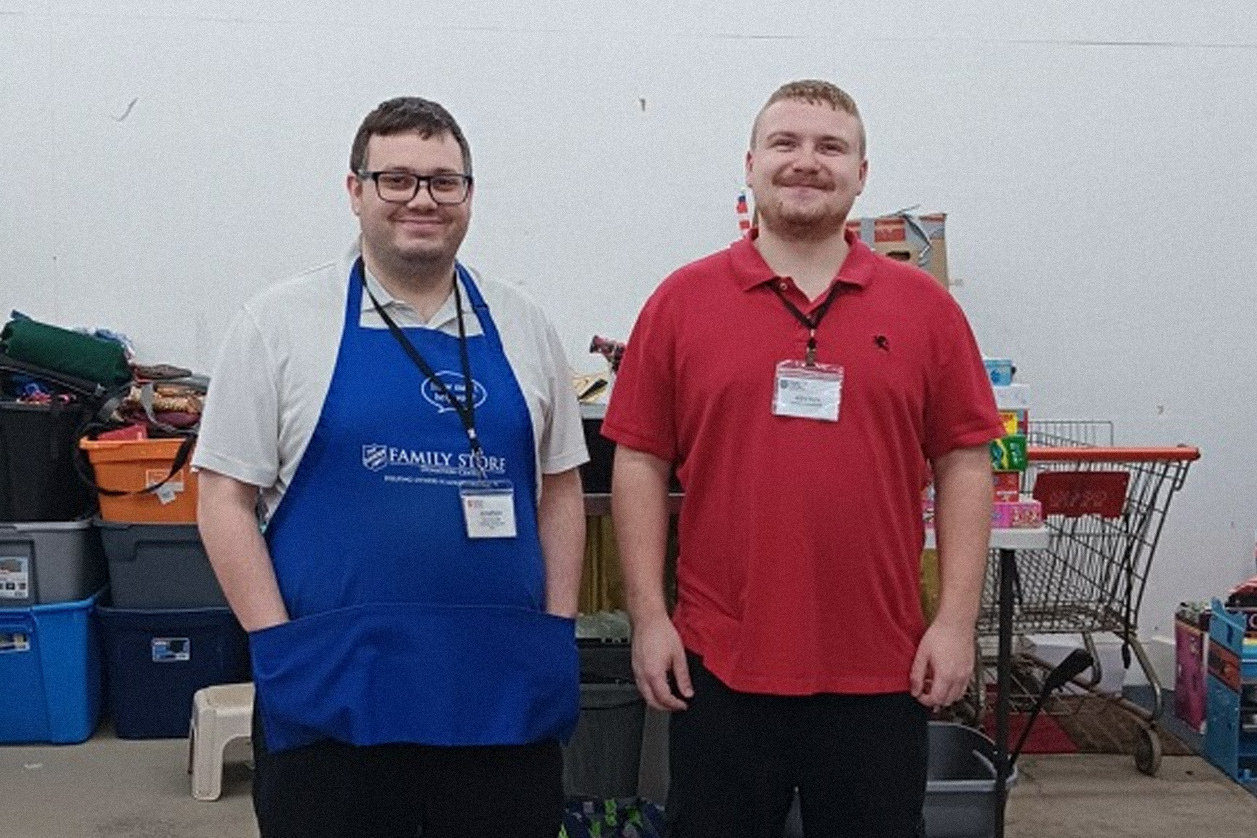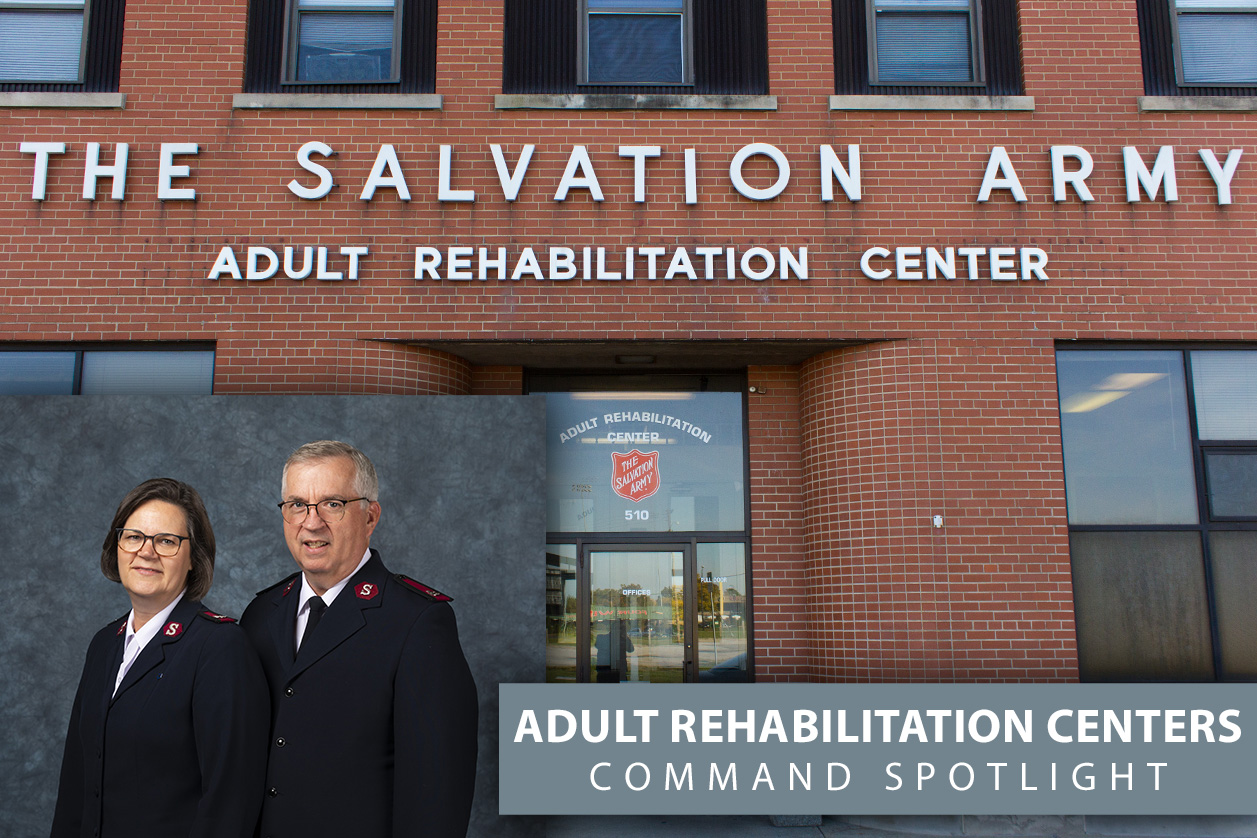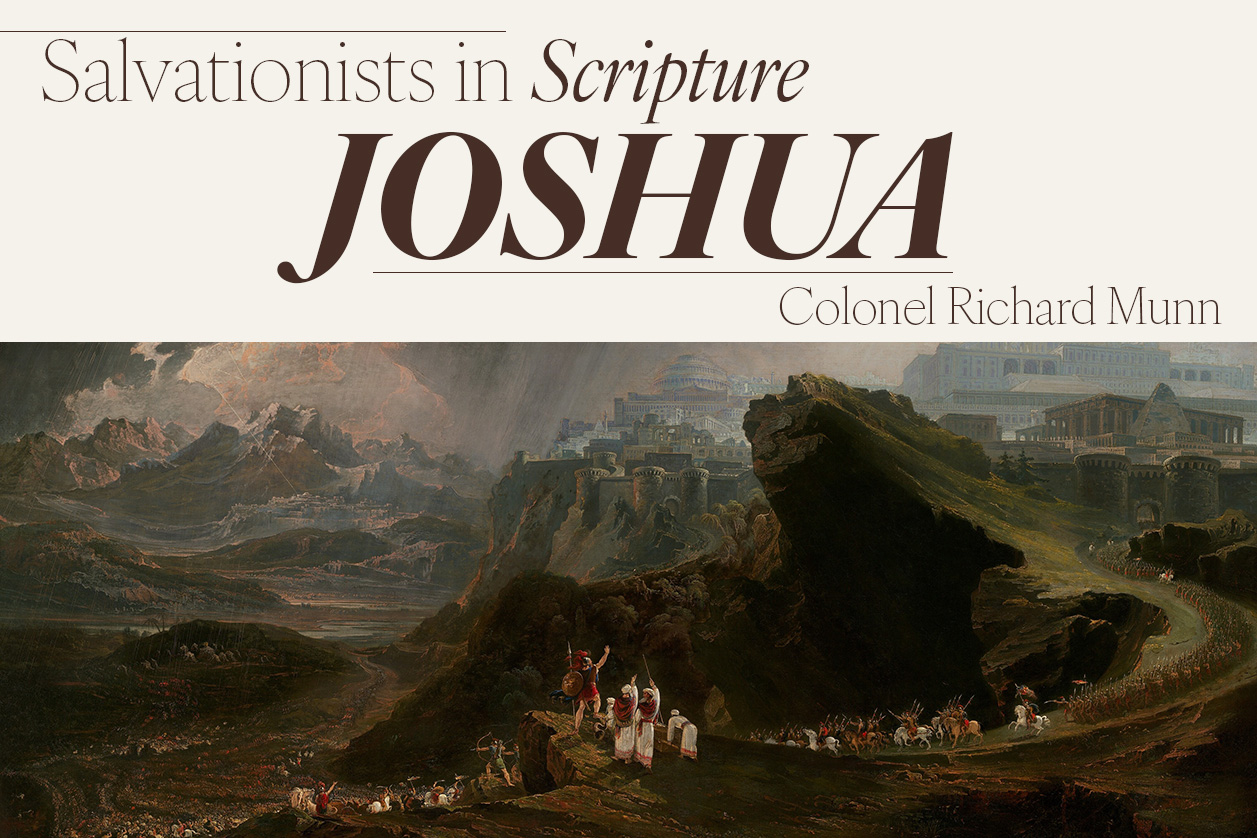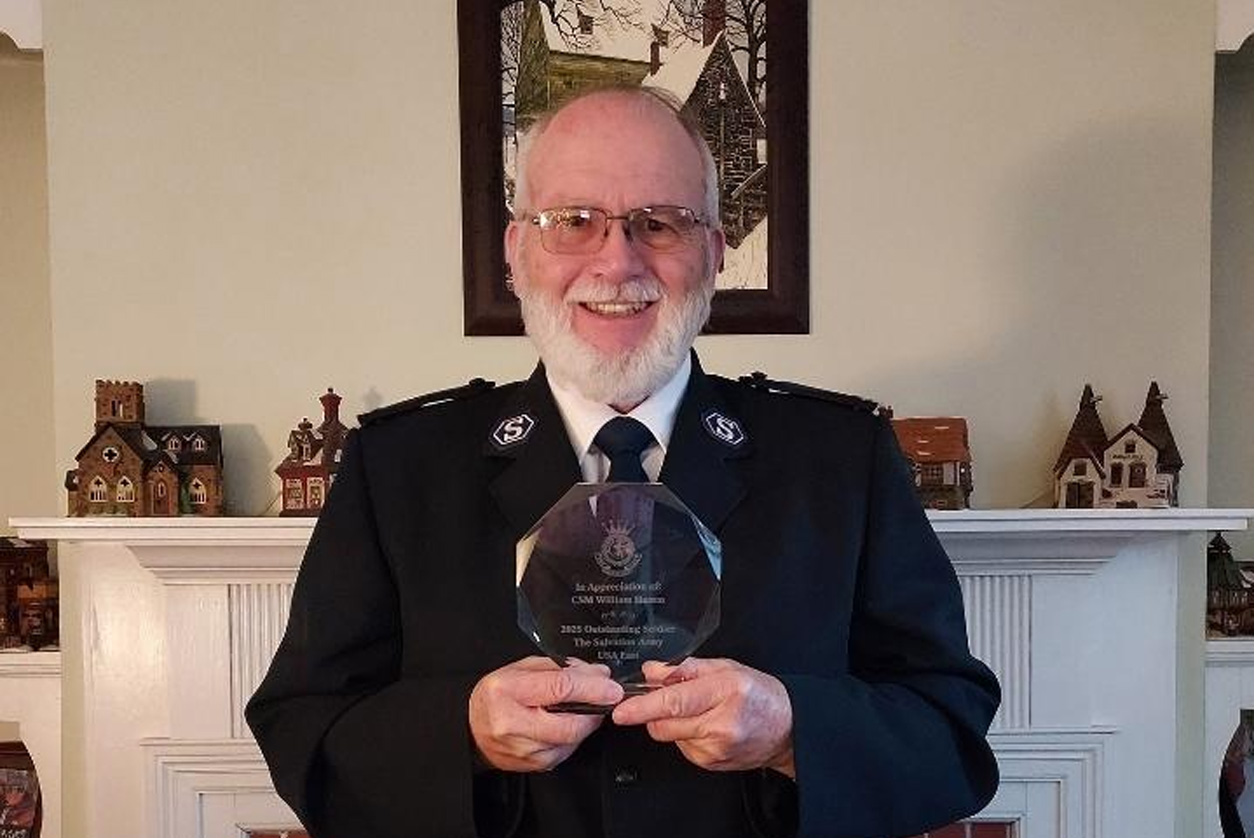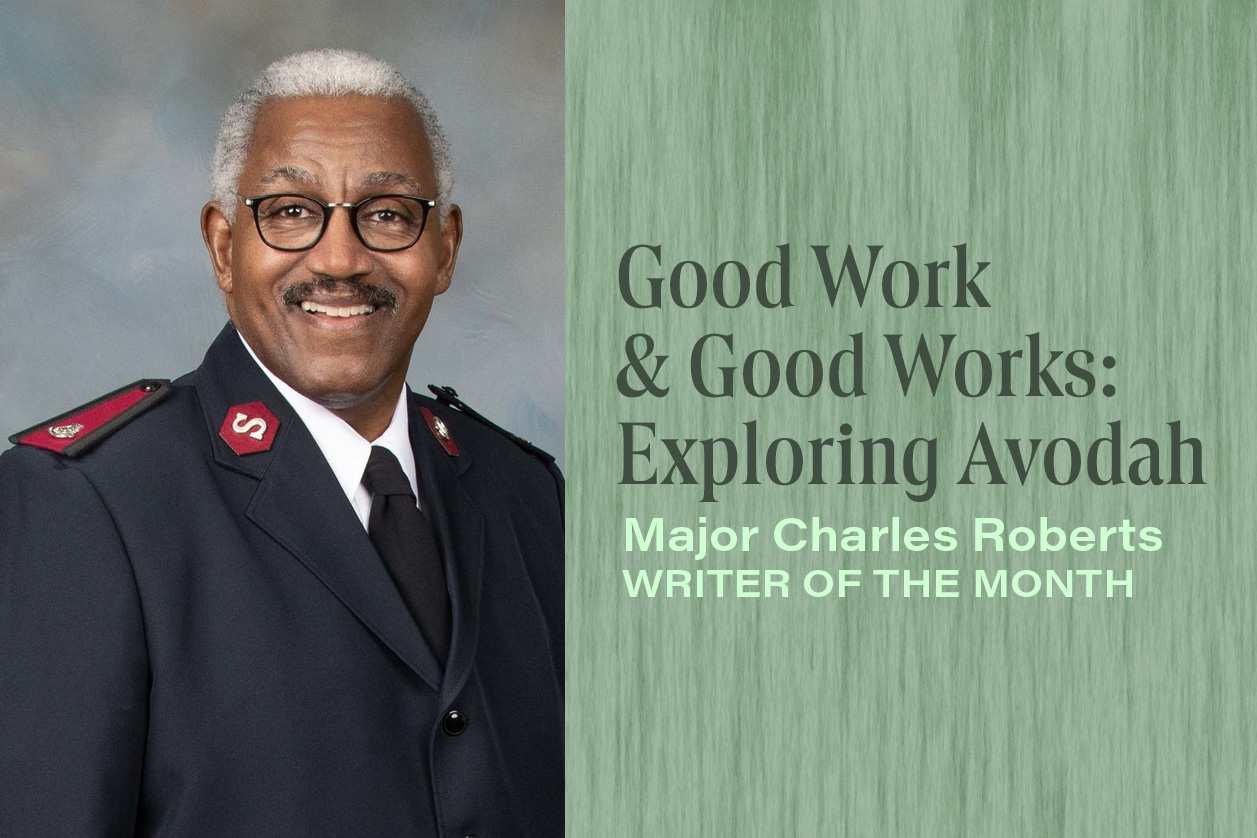
Good Work & Good Works: Exploring Avodah
by Major Charles Roberts
“Whatever work you do, do it with all your heart. Do it for the Lord.” —Colossians 3:23, NLV
With the United States soon remembering Labor Day and the American workforce that helped transform the global economy, it is good for us to reflect on the dignity of work and how labor becomes more than an economic enterprise but a spiritual undertaking.
In the tapestry of human existence, two threads intricately intertwine, weaving the fabric of our purpose and contribution to the world: good work and good works. At the heart of these endeavors lies the Hebrew word avodah, a term rich in meaning and significance, used to describe both “work” and “worship” in the Hebrew Bible. From ancient scripture, avodah encompasses both the notion of labor (to fulfill the requirements of a just employer) and service to others, embodying a holistic approach to meaningful engagement with the world.
In its essence, avodah encompasses the concept of good work—the diligent pursuit of one’s vocation or profession with integrity, excellence, and a sense of purpose. This understanding finds resonance in the Book of Ecclesiastes, where it is written, “Whatever your hand finds to do, do it with all your might” (Ecclesiastes 9:10). Here, the biblical wisdom encourages wholehearted dedication and commitment to one’s labor, emphasizing the value of industriousness and skillful craftsmanship.
Moreover, avodah extends beyond individual endeavors to encompass communal service and acts of compassion, encapsulating the notion of good works. This is exemplified in the teachings of the Torah, where acts of charity, justice, and kindness are central tenets of ethical conduct. In the Book of Deuteronomy, we find the injunction, “You shall open your hand wide to your brother, to your poor and your needy” (Deuteronomy 15:11, NKJV). This outlines the imperative to extend help and support to those in need, reflecting the essence of avodah as service to others. Apostle Paul resonates with Moses in that “we are God’s handiwork, created in Christ Jesus to do good works” (Ephesians 2:10).
The intertwining of good work and good works within the framework of avodah emphasizes the braided concepts of personal fulfillment and social responsibility. Just as one’s labor contributes to the advancement of society, acts of compassion and altruism serve to uplift and empower people within the community. This symbiotic relationship is beautifully articulated in the Psalms, where it is proclaimed, “The righteous shall flourish like a palm tree, He shall grow like a cedar in Lebanon” (Psalms 92:12, NKJV). Here, the flourishing of the righteous is depicted as a reflection of their commitment to both good work and good works, symbolizing the holistic nature of avodah.
Furthermore, avodah transcends the divide between secular and sacred domains, infusing every aspect of life with spiritual significance. The journey toward a better world is an ongoing endeavor that requires steadfast dedication and perseverance. All of us must work together to maintain a verdant and just world.
Whatever the type of work one does, the spirit of avodah inspires people to strive for excellence, integrity, and compassion in all their endeavors. Martin Luther King Jr. once said if a man is a street sweeper, let him be the virtuoso of street sweeping. Good work promotes good works in others, if work is done unto the Lord, worshipfully, with excellence and grace.
In conclusion, avodah captures the essence of good work and good works, weaving together the threads of personal fulfillment, justice, social responsibility, and spiritual significance. As we embrace scripture and embody the spirit of avodah in our lives, may we strive to contribute to a world where labor is infused with purpose, and service is a testament to the inherent dignity and interconnectedness of every human being.
Major Charles Roberts is a corps officer, serving in the Syracuse Citadel, N.Y.

